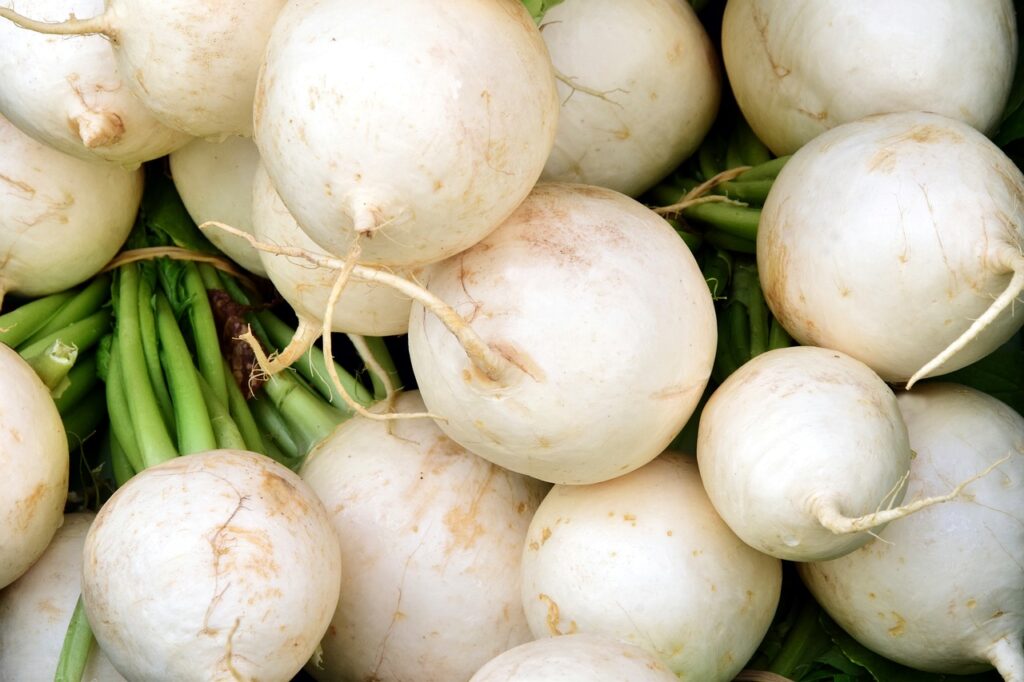Since most plants start dying with the first sign of frost, winter is not typically known to be the best time for a vegetable garden to flourish. However, there are a few vegetables that benefit from the colder weather.
Read on to find out more about a few winter vegetables to add to your winter garden.
Carrots
The first of these winter vegetables to mention are carrots.
To make sure you grow the best carrots, find a location where the carrots can be placed in loose soil where they can get enough sun. Be sure to avoid high-nitrogen fertilizers—this can cause the roots to become hairy or fork.
Watch out for any slugs or snails looking to feast on your carrots. Try to discourage these pests by using diatomaceous earth. If you encounter any problems with deer, try deterring them with barriers around your garden.
Wait a bit longer before harvest. The colder weather will help to turn the starchy roots into sugar. This helps enhance the taste of the vegetable and any recipes they’re used in.
Winter Radishes
Radishes are a great source of vitamin C, antioxidants, vitamins, and electrolytes. Their benefits toward digestion and indigestion make them a great ingredient in many recipes.
For a winter garden, there are a few winter radish varieties that are definitely worth growing.
- Snowball Radish: Grown for its small, round roots, these radishes taste exceptionally crisp and spicy.
- Icicle Radish: Known for their elongated slender roots, these radishes are more succulent in nature with a mild, earthy, tangy, peppery flavor.
- Daikon Radish: These white, longer radishes have a more mild flavor that make them a perfect addition for salads and stews.
- Spanish Black Radish: A large, round variety of radish known for its hot flavor. The crop is a perfect ingredient for salads and stir-fries.

An important note for radishes: the cooler the weather, the milder the taste of the radish; the hotter the weather, the hotter the radishes will taste. So be sure to plan accordingly!
Gardening doesn’t need to end just because the seasons change. And if you decide that a winter vegetable garden is not for you, don’t worry! There are plenty of things that can be done during the winter!
